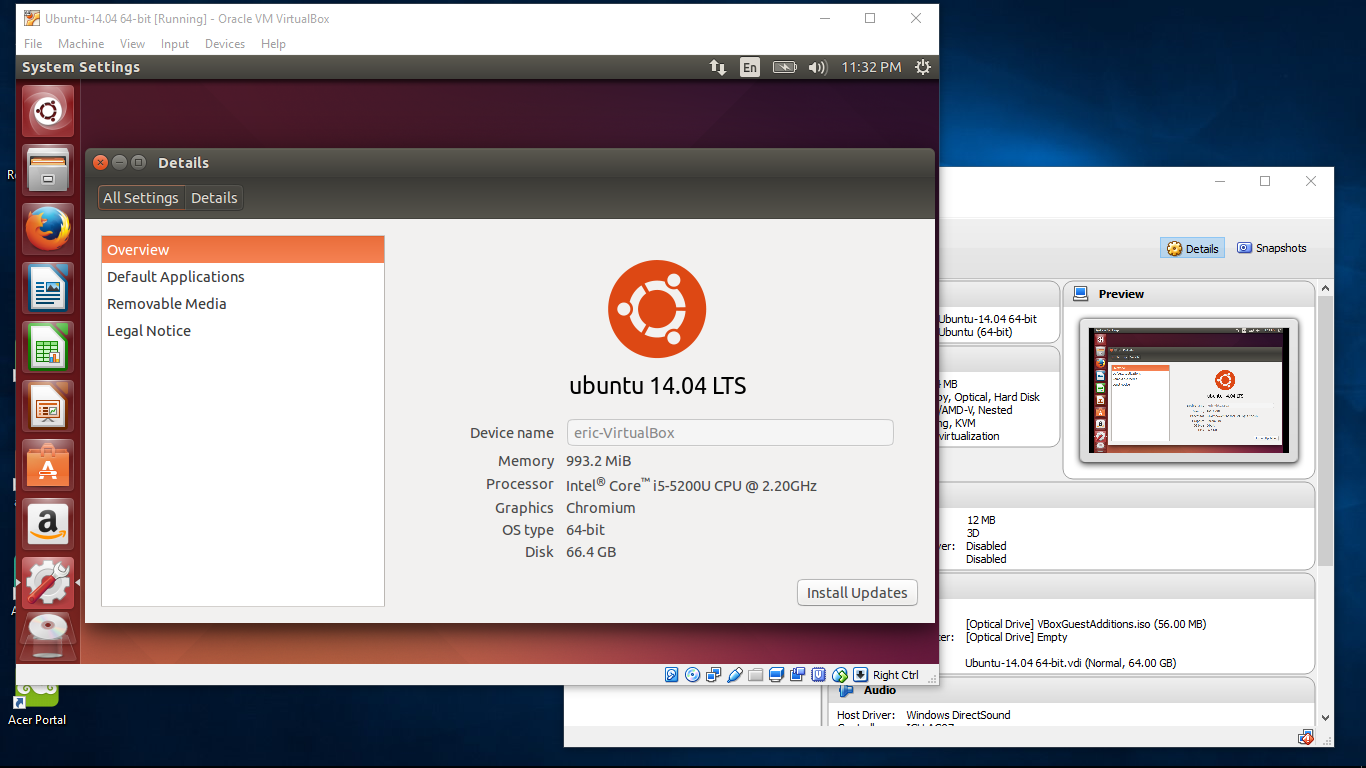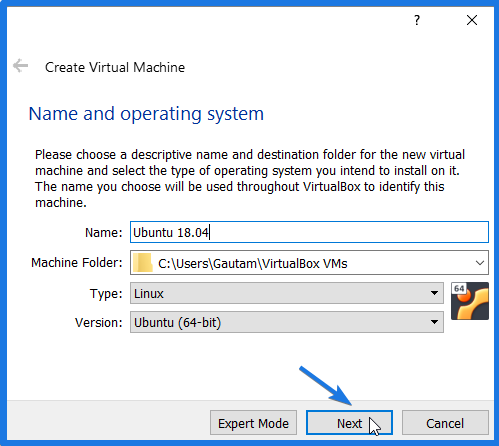

Problem: When you use USB devices for tasks inside the VM, such as printing a document, the data will have to go through the host system eventually as the VM does not have direct access to the physical USB ports. Leaving targeted attacks aside, your web-browsing would not be automatically analyzed by Microsoft. But careful, the same targeted attacks using the encryption key residing in the host's memory as in Problem 1 would be possible here. On a side note: this could also be the router in your network. You could force such an encryption for all traffic from your VM by establishing a VPN connection to a server you trust for example. Solution: As mentioned above, encrypted traffic is not easily readable by the host system as it is already encrypted inside the VM and only then travels through the host system's network interface. Moreover, encryption would not prevent the software to determine that you are communicating with someone and who that someone is. Theoretically, if there was software installed in your Windows 10 that monitors/sniffs network traffic, it would be able to at least read some of your web traffic. Those that are not encrypted pass as plain-text through the VM host system (Windows 10). Some of these connections will be encrypted, some will not. Problem: You are most likely using Ubuntu to browse the web, access file servers, read your emails and so on. I would argue, that with encryption you can hide from automatic generation of statistics about your usage and your files, but a targeted attack against you/your computer by someone in control of the host operating system would render all encryption useless. However, since the decryption key is theoretically also accessible by the host system, it would be possible to decrypt the data with full control of the host system and thus the decryption key.

That should prevent any software running on the host system to read data inside your VM. Solution: You could of course encrypt your ubuntu home directory or the entire "drive" during installation. Windows does not have native support for the EXT3 format, but who knows.

Problem: There is the virtual disk on which ubuntu is installed. But since you asked specifically about Windows/Microsoft, I will not address that. There are also other dangers to privacy such as proprietary software, spyware etc. Long answer follows below.Ī more detailed explanation: A few things pop to my mind that you would want to protect from Windows/microsoft in terms of privacy. Short answer is: it depends on what you want to protect.


 0 kommentar(er)
0 kommentar(er)
